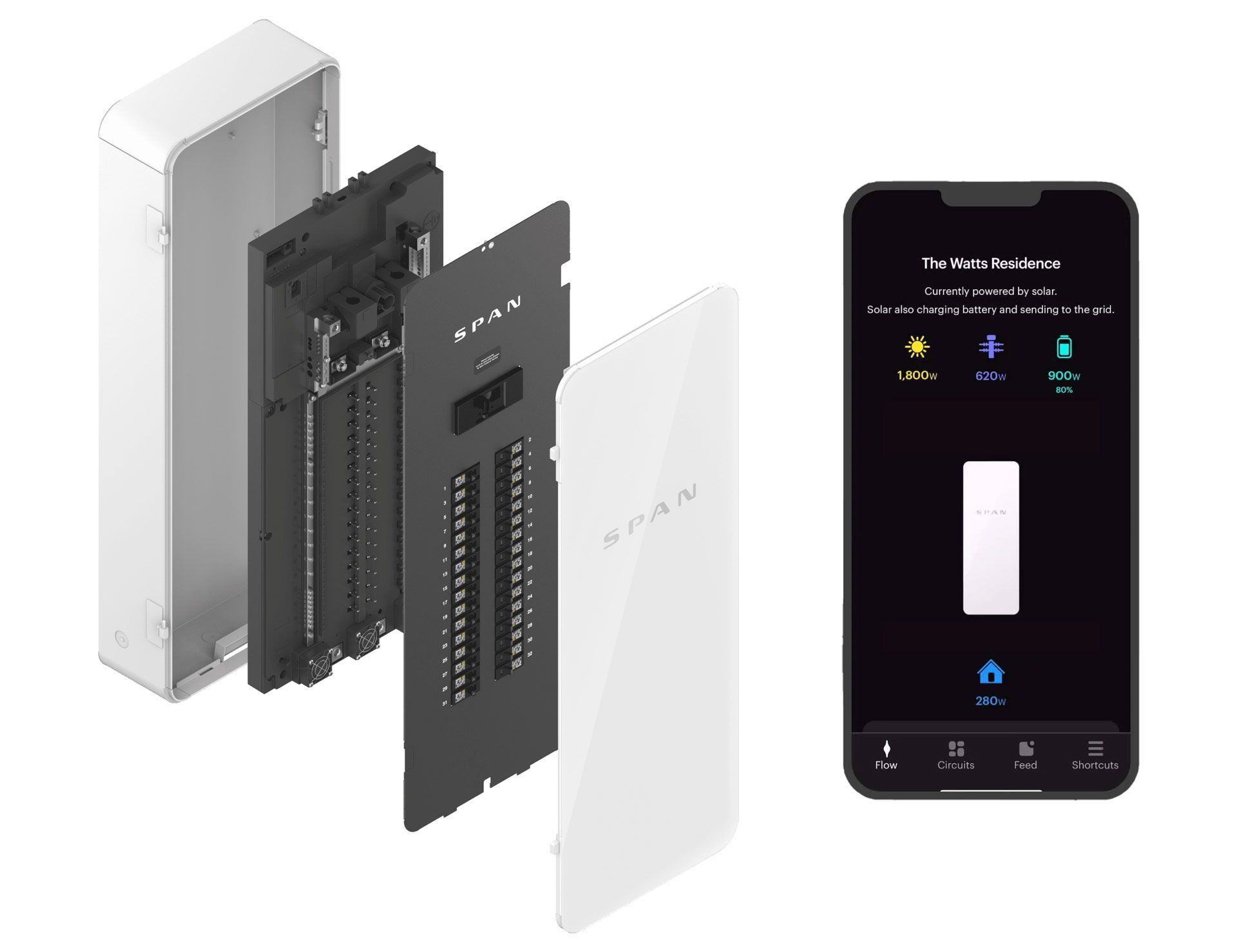How a Climate Project Might Use Re-Public

There are many consumer IoT and smart home devices out there that have the potential to help efforts to protect and repair the climate. The companies that make them and the users who buy them may not even be aware of their potential.
Let’s look at potential smart power panel I’m thinking of buying at some point: SPAN. If you replace the current power panel of your home with SPAN, you get access to all sorts of interesting data about your energy usage. Their modeling can tell you if an electronic device is acting abnormally for example.
Currently SPAN does not provide an open API, so it’s difficult, if not impossible, for a user to get access to the raw data that the panel generates. The amount of SPAN users who are asking for this is likely pretty low, and it takes resources and business planning to launch an API and build an ecosystem/support services around it. Most companies like SPAN probably don’t see much upside and would rather not bother.

If one could own and control the electrical data generated within their house, one could imagine many interested buyers. Appliance makers, architecture firms, product review sites, etc.
But the most interesting buyers to me are those in the climate space. Researchers, builders, policy makers, etc. The question is, who are they? If every house in the US had a SPAN panel or similar device, what climate goals could be helped by querying this usage data? Do those goals or projects have budgets behind them that would be more efficiently used by paying for access to this data?
I see Re-Public as potentially finding these buyers and approaching SPAN with a proposal: If you allow us to integrate with SPAN so that Re-Public users can access and control their SPAN data, we’ll add that functionality for you.
Then we approach the climate orgs and offer that data up to be queried for a reasonable cost. This early focus on climate is in no way exclusionary, all other buyers will be able to access the same SPAN data if they wish.
The benefits for all parties shake out something like the following:
SPAN user
- Gets the cost of a SPAN subsidized by new revenue streams from the data it generates
- Gets access to SPAN data that can now interoperate with all other data
- Access to community visualizations and experiences powered by SPAN data
- Is empowered with direct agency in contributing to climate solutions
SPAN
- Reaches new markets by being available in the Re-Public app store
- Gets to offload quite a heavy technical lift to Re-Public
- Can selectively advertise its contributions to environmental research or any other use case their device data is used for that they feel is worth promoting
- Benefit from a community building apps and experiences on their data without having to maintain the ecosystem themselves
- No longer need to worry about storing any data on behalf of the user. Can focus on only the data the company needs for its product
Climate-Focused Data Buyers
- Entirely new studies and real-time monitoring become available
- These studies and queries are far cheaper to execute than if they built the infrastructure themselves
- Unlocks new insights and applications that only an open, user-owned data platform could enable
The toughest sell here is probably to SPAN. They would need to acknowledge that the people buying their device actually owns the data generated by their product, and they would need a license agreement with the SPAN customer to get the data they need for support and product development.
If SPAN is currently monetizing this data for themselves, that would probably need to stop or transform, so they would possibly be giving up a revenue stream as well – albeit one that carries ethical and compliance issues that may make it appealing to move on from.
Now think about this in terms of not only SPAN, but any smart home device … Amazon Echo, Nest thermostat, Ring doorbell, security systems. If Re-Public can get even a few of the data streams from these devices on-boarded we can make some clear use case arguments to climate projects.
We need to connect the climate money that is allocated for data acquisition with the companies making the relevant devices, and shift the ownership and control of this data to consumers buying the devices.
If this data is left to be transacted only between companies like SPAN and the data’s eventual buyers, we’ll never achieve the scale and interoperability necessary to have a high resolution view of the world we need to measure, learn about, and react to climate change at scale. We need to open up the world's devices to science, research, and data markets.
